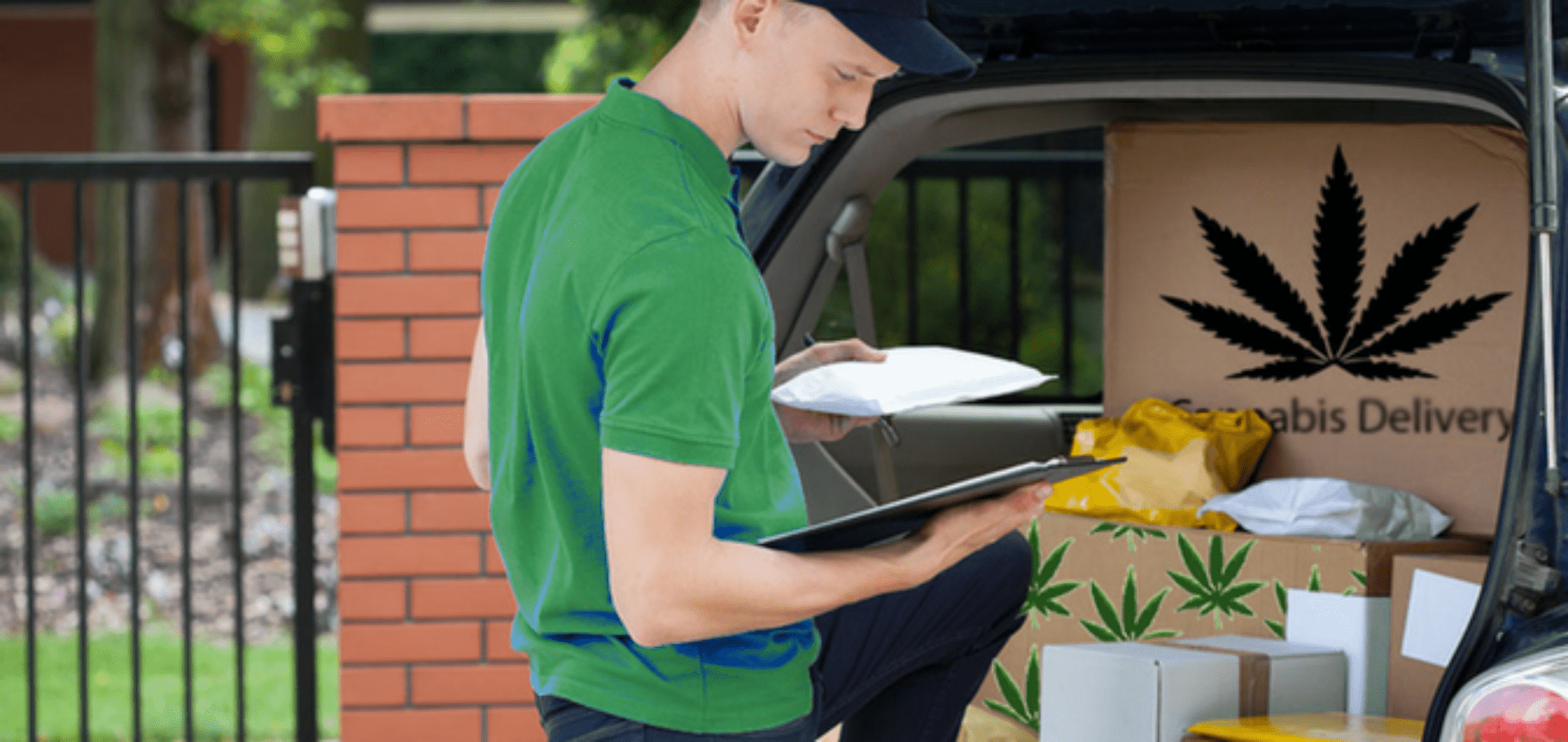-
The Benefits of a Fuel Card Program for Cannabis Delivery Services
Efficiency and cost control are two pillars of our day-to-day operations as the fleet manager […]
-
The Real Costs of Keeping Vehicles Operational for Cannabis Delivery Services
In the growing cannabis delivery sector, managing a reliable and compliant vehicle fleet is more […]
-
Fleet Maintenance 101: Most Replaced Parts on Dispensary Delivery Cars
As an auto shop mechanic, dispensary delivery vehicles—whether compact sedans, midsize SUVs, or electric cargo […]
-
Optimizing Operations: Cannabis Delivery Fleet Software for Dispensaries
The legalization of cannabis continues to spread across the United States, with dispensaries and cannabis […]
-
How Weather and Traffic Affect Cannabis Deliveries
Cannabis delivery has become a core service for dispensaries in legal markets, and operational success […]

